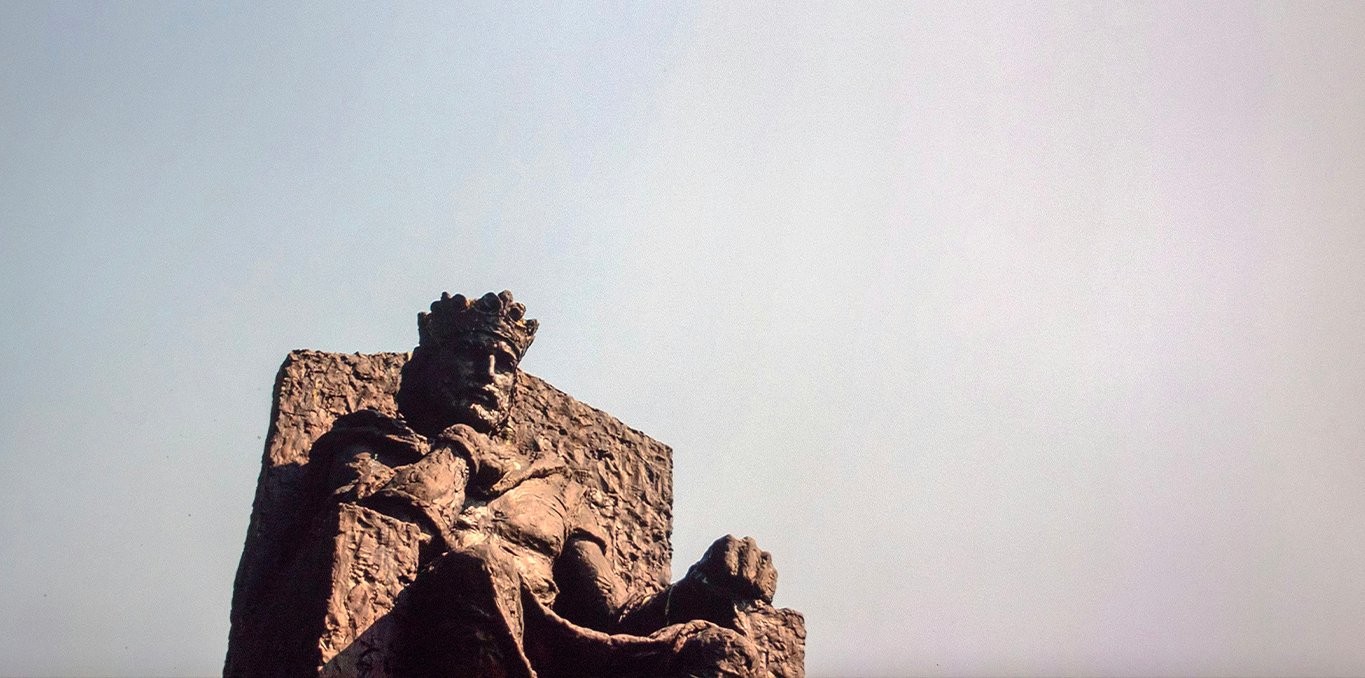The Stone Speakers

Present-day Bosnia-Herzegovina is a country still reeling from the civil war in the early 90s. The Bosnian economy never recovered, and the country remains divided. In order to cope, many towns have transformed themselves into unique tourist destinations that bring together history, religion, politics and folklore. The tourist sites promoted are not only a reflection of people’s attempts to make a livelihood but are also a means to promote and establish competing narratives about the country’s past, present and future. _The Stone Speakers _explores four towns in Bosnia-Herzegovina through their tourism, slowly unravelling these competing narratives.
| Director | Igor Drljača |
| Actor | Sofia Bohdanowicz |
| Share on |
Igor Drljača’s The Stone Speakers is a quietly spellbinding meditation on post-war Bosnia and Herzegovina, where landscapes, voices, and belief systems intertwine to form a living archive of a country learning to use its lungs again. Threaded with traditional Bosnian song, the film moves through hills of apparition, abandoned structures, underground tunnels, and the banks of the Drina, observing how people inhabit — and are shaped by — the terrain. Wide, patient shots reminiscent of Jacques Tati’s Playtime render individuals as part of the landscape itself: pilgrims climbing gently, crowds circulating through town squares, swimmers reclaiming rivers and springs once marked by violence.
Sound becomes a central character. Bells, crickets, crackling barbecues, chanting, barking dogs, sheep, accordion bridges, and rustling leaves form a chorus that travels across the territory, revealing how energy lingers in walls and tunnels that have absorbed decades of history. Speakers reflect on communism, faith, tourism, and the wounds of war, culminating in a moving monologue on anti-fascism and coexistence. Made seventy-five years after the uprising against fascism, The Stone Speakers offers a deeply textured portrait of a country alive with echoes — "proof that more binds us together than pulls us apart."
Sofia Bohdanowicz
Filmmaker

-

English
1h31
Language: English
- Année 2018
- Pays Canada, Bosnia–Herzegovina
- Durée 91
- Producteur TimeLapse Pictures
- Langue English, Bosnian, Croatian, Serbian
- Sous-titres English
- Résumé court Still scarred by the war of the 1990s, Bosnia and Herzegovina turns to tourism to sustain itself, unveiling complex and often conflicting stories of its past, present, and future.
- Ordre 5
- TLF_Applismb_CA 1
- Date édito CA 2025-11-14
Igor Drljača’s The Stone Speakers is a quietly spellbinding meditation on post-war Bosnia and Herzegovina, where landscapes, voices, and belief systems intertwine to form a living archive of a country learning to use its lungs again. Threaded with traditional Bosnian song, the film moves through hills of apparition, abandoned structures, underground tunnels, and the banks of the Drina, observing how people inhabit — and are shaped by — the terrain. Wide, patient shots reminiscent of Jacques Tati’s Playtime render individuals as part of the landscape itself: pilgrims climbing gently, crowds circulating through town squares, swimmers reclaiming rivers and springs once marked by violence.
Sound becomes a central character. Bells, crickets, crackling barbecues, chanting, barking dogs, sheep, accordion bridges, and rustling leaves form a chorus that travels across the territory, revealing how energy lingers in walls and tunnels that have absorbed decades of history. Speakers reflect on communism, faith, tourism, and the wounds of war, culminating in a moving monologue on anti-fascism and coexistence. Made seventy-five years after the uprising against fascism, The Stone Speakers offers a deeply textured portrait of a country alive with echoes — "proof that more binds us together than pulls us apart."
Sofia Bohdanowicz
Filmmaker
-

English
Duration: 1h31Language: English1h31
- Année 2018
- Pays Canada, Bosnia–Herzegovina
- Durée 91
- Producteur TimeLapse Pictures
- Langue English, Bosnian, Croatian, Serbian
- Sous-titres English
- Résumé court Still scarred by the war of the 1990s, Bosnia and Herzegovina turns to tourism to sustain itself, unveiling complex and often conflicting stories of its past, present, and future.
- Ordre 5
- TLF_Applismb_CA 1
- Date édito CA 2025-11-14
